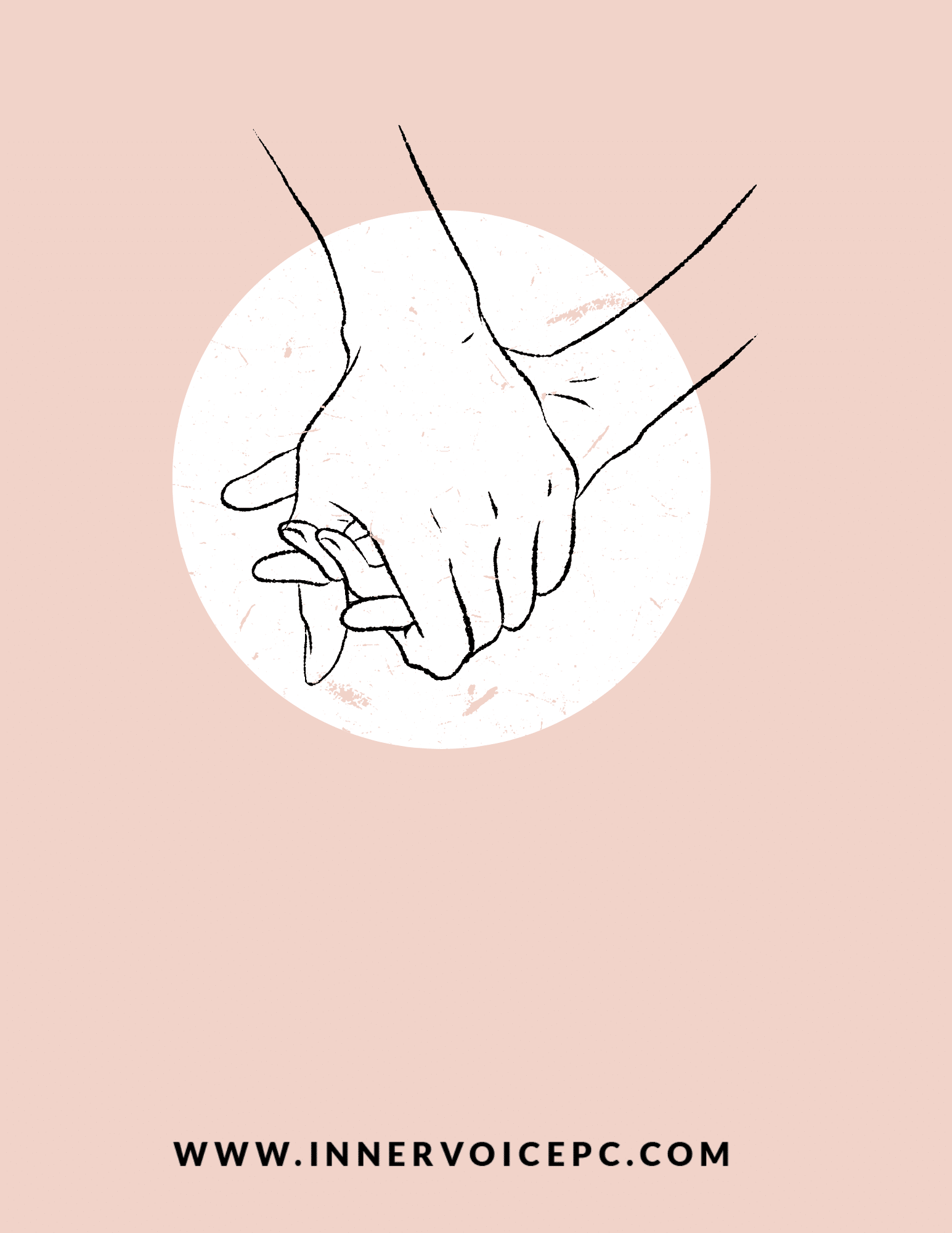
Coping with Grief During the Holidays
Tis the Season to Celebrate Love—and Grieve Our Losses
by Andrea Farfan
The holidays are often thought of as a time of celebration, love, and togetherness. But for many, the season also brings a deep sense of longing and sorrow. Grief and loss often take center stage, challenging the joy the season is expected to bring.
Loss. It’s a word that many of us grapple with each holiday season, hoping that, someday, peace will come. Yet, peace isn’t always neatly wrapped in a bow under the Christmas tree. Sometimes, the grief of what we’ve lost feels overwhelming, especially when a memory unexpectedly resurfaces.
Maybe it’s glancing at an empty chair at the dinner table where a loved one once sat. Or perhaps it’s missing the home you once had but lost due to financial hardship. For some, it’s the ache of wishing for a Christmas filled with love and joy, but facing the reality of a broken family. Loss doesn’t always come in the form of death—it can manifest as the loss of a person, a place, a dream, or even an idea.
Understanding Loss and Grief
At its core, loss is a painful separation—the absence of someone, a home, or a sense of security. This separation triggers grief, a multifaceted response that affects our bodies, minds, and spirits. Grief doesn’t follow a timeline, nor does it obey seasonal norms.
When we hear the word “grief,” we often think of the five stages—Denial, Anger, Bargaining, Depression, and Acceptance. While these stages offer a framework for understanding, they don’t capture the unique, non-linear path grief takes. It’s an evolving process that shifts over time, and during the holidays, the expectation of joy can make grief feel even heavier.
The Connection Between Holidays and Grief
The pressure to be joyful during the holiday season often clashes with the reality of grief. In the hustle and bustle of celebrations, we may try to avoid or suppress pain. A little distraction can be helpful, but prolonged avoidance might lead to suppressed emotions, numbness, or difficulty focusing. For some, persistent grief can lead to Prolonged Grief Disorder (PGD), characterized by intense emotional pain, loss of identity, and difficulty functioning.
This isn’t just an adult experience—children, too, can develop PGD. Studies show that 5-10% of children may experience prolonged grief if their sorrow persists beyond six months.
Acknowledging Grief During the Holidays
If you’re struggling with grief, know that you are not alone. A 2021 survey revealed that 36% of Americans didn’t feel like celebrating due to grief or loss. This shared experience highlights the need for compassion, both for yourself and others.
If this holiday season feels harder than usual, consider the following:
- Be patient with yourself—allow space for grief to unfold naturally.
- Honor your loss—it’s okay to hold space for pain amidst the festivities.
- Seek support—connect with others who understand.
Grief doesn’t have to overshadow the holidays. It can coexist with moments of healing, joy, and connection, reshaping how you navigate the season.
Introducing Healing Hearts: A Grief and Loss Support Group
If you’re searching for a supportive space to process grief, consider joining Healing Hearts, an 8-week grief and loss support group.
Healing Hearts offers a compassionate environment to explore the pain of loss—not just through death but the many ways loss shows up in life. Facilitated by student intern Andrea Farfan, this group provides tools to process emotions, develop healthy coping strategies, and connect with others on a similar path of healing.
Details:
- Date: Thursdays, January 2025 @ 6 PM
- Location: Zoom
- More Information: Visit www.innervoicepc.com or check our social media for updates!
This holiday season, allow yourself the gift of community and support as you navigate your grief. Healing is possible, even during the most challenging times.
If you’re looking for more ways to improve your mental health and need help navigating the holiday season, contact us at InnerVoice Psychotherapy & Consultation to schedule a consultation today.
InnerVoice Psychotherapy & Consultation, with locations in Chicago, IL, and Skokie, IL, offers counseling services for individuals experiencing depression, anxiety, trauma and other mental health concerns. Reach out to one of our licensed professionals today and begin your journey toward healing and well-being.